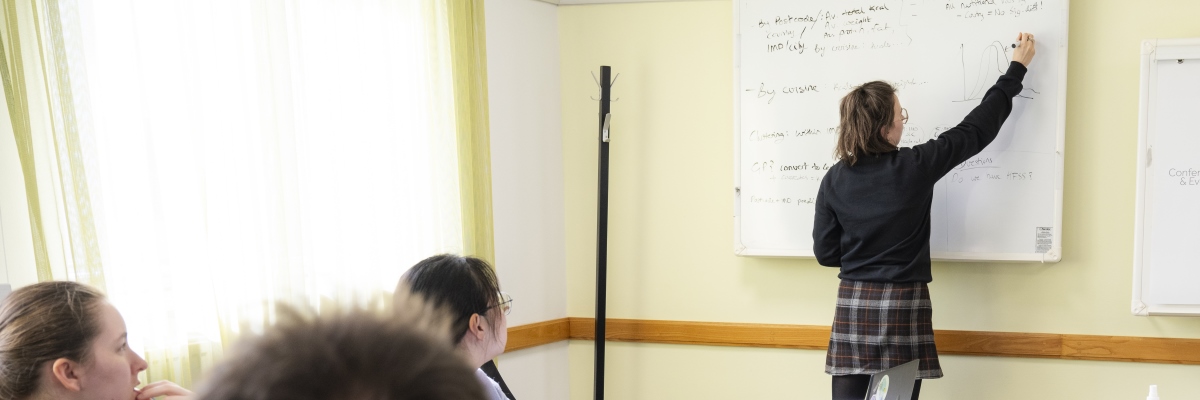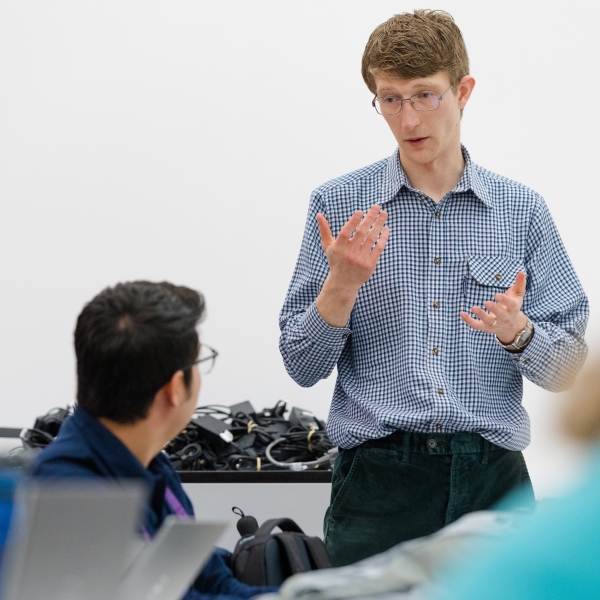Research funding opportunities
As a STOR-i PhD student, your key potential sources of funding are:
Your Personal Research Fund
Your own fund to cover attendance at training courses, conferences and books. It typically covers attendance at 2 international conferences and 2-3 national meetings/conferences across your studies. In addition to this fund, you are supplied with a high specification laptop. You will manage your own research fund spending.
The STOR-i Research Fund
You can make a bid for funding for additional research support for more substantial activities, where your Personal Fund cannot cover it. Applications to the Research Fund are competitive and require a full case putting forward. STOR-i's Executive Committee is responsible for selecting successful applications, and give full feedback to every applicant. Successful applicants will be responsible for the management of the award and reporting of outcomes.
The process of applying for and managing grants gives the opportunity to develop and practice the key skills acquired on the STOR-i programme.
STOR-i Impact Fellowship
On PhD completion, STOR-i students are able to apply for a 1-year post-doctoral Impact Fellowship. One is typically awarded per cohort. Impact Fellowships are aimed at enhancing STOR-i students' career development and ensuring the rapid impact of their research. Applications are assessed against PhD performance and a written research proposal describing how the fellowship will be used to further develop research ideas and achieve impact.




